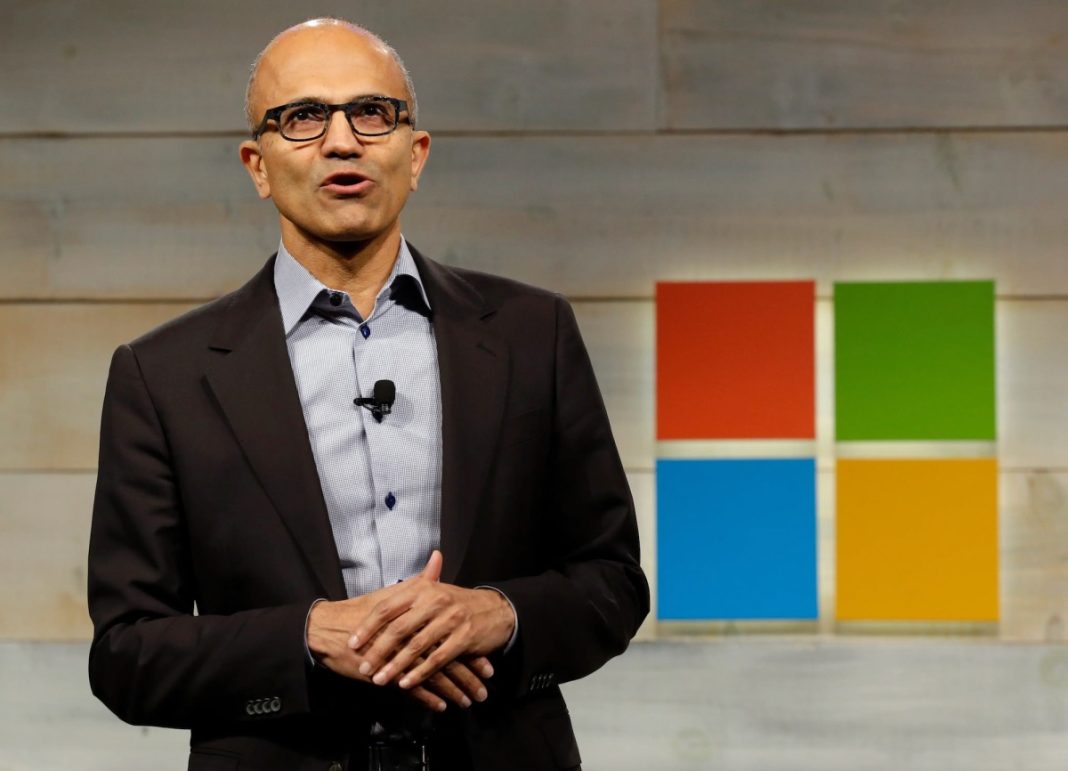LAGOS, Nigeria – In a recent presentation at the African AI Journalists Academy, Microsoft projected a significant economic boon for Africa through Artificial Intelligence (AI), estimating a $1.2 trillion addition to the continent’s economy by 2030.
This forecast, shared by Theo Watson, a commercial lawyer with Microsoft Africa, underlines AI’s potential to elevate Africa’s GDP by 5.6% within the next decade.
The virtual event, themed “AI Opportunity in Africa,” held virtually on Thursday, April 4, 2024, highlighted the broader impact of AI on the global economy, with a total projected contribution of $15.7 trillion by 2030.
“Responsible and sustainable innovation will ensure that AI progress aligns with the needs that define Africa’s vastly diverse cultures,” Mr Watson is quoted as saying.
“This involves a deep engagement with the continent’s unique challenges, recognising their complexity and prioritising those that AI can help solve.
“Also, collaborating with relevant stakeholders will be key to ensuring that AI solutions are not just technologically advanced but also culturally attuned and genuinely beneficial to Africa societies,’’ the lawyer added.
Watson’s insights into the transformative power of AI in Africa emphasised not only the substantial economic benefits but also the critical need for responsible regulation and ethical oversight to ensure these advancements align with societal values and norms.
Watson elaborated on the principles guiding Microsoft’s approach to AI development, including fairness, reliability, privacy, security, inclusiveness, transparency, and accountability.
He pointed out that Microsoft’s responsible AI journey began in 2016, aiming to build trust and security in AI technologies while ensuring they benefit all sectors of society.
The presentation also featured remarks from Akua Gyekye, Government Affairs Director at Microsoft Africa, who discussed the rapid transformation underway in various industries due to technological advancements.
Gyekye showcased practical examples of AI’s impact across the continent, including the use of AI by the eThekwini Metropolitan Municipality in South Africa to improve water and sanitation services and by farmers in Nigeria and Kenya to receive customized farming advice based on AI analyses of soil and weather data.
These instances underscore the tangible benefits AI is already providing in addressing some of Africa’s most pressing challenges in sectors like health, education, and agriculture.
Gyekye’s contribution further outlined a blueprint for governing AI in Africa, stressing the importance of promoting transparency, implementing safety measures for AI systems in critical infrastructure, and fostering new public-private partnerships to leverage AI as a tool for societal improvement.
As Africa stands on the brink of this AI-driven economic revolution, the emphasis on responsible innovation and collaboration among stakeholders is pivotal.







